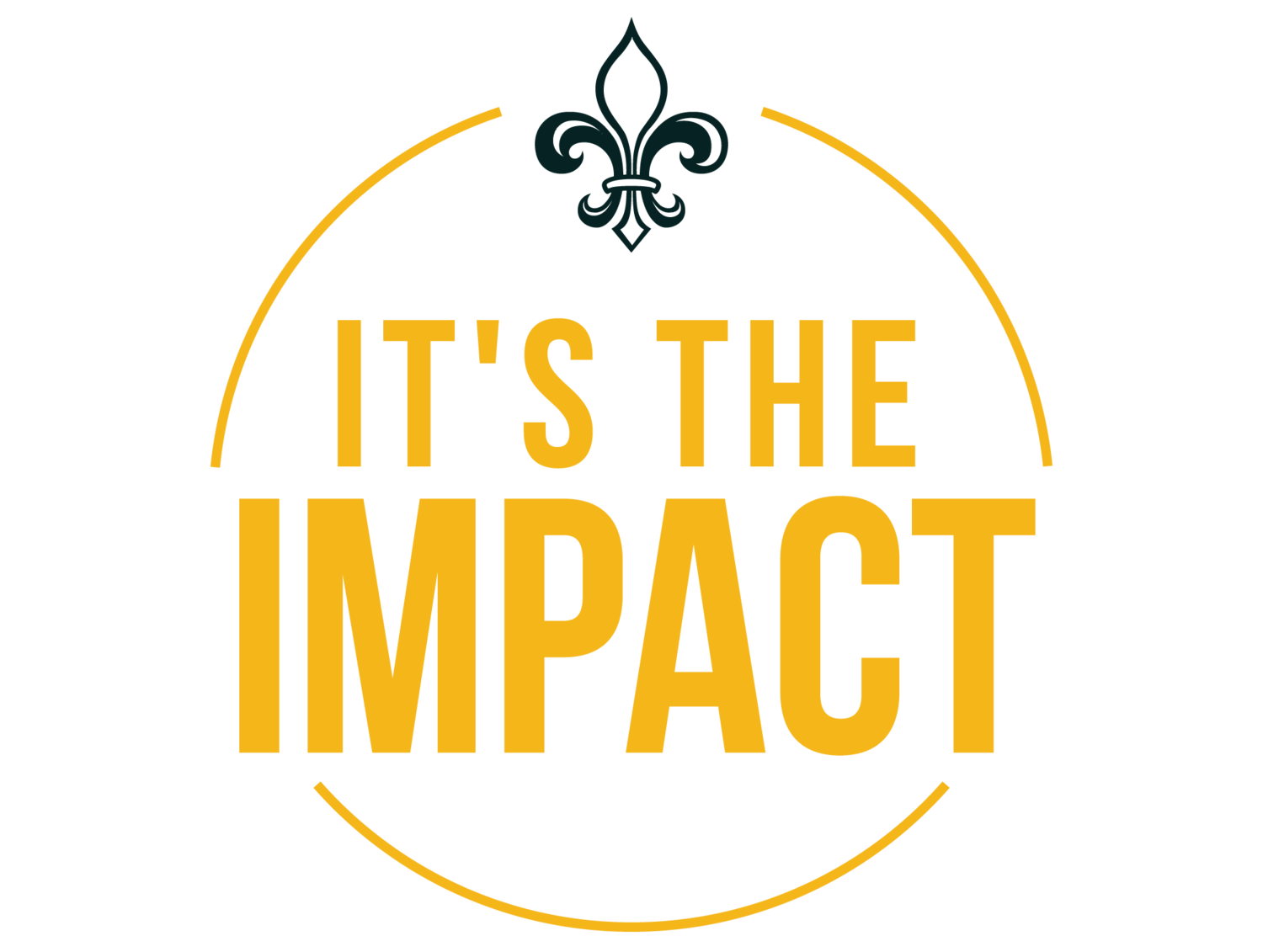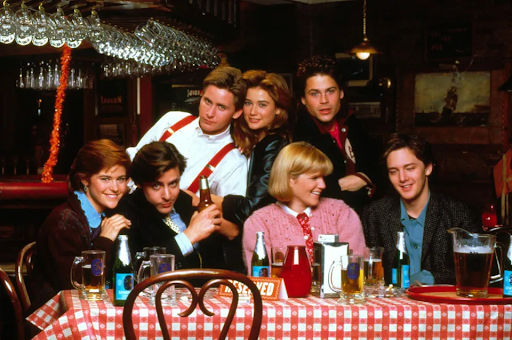Advice on Leadership I Found from The Brat Pack
Was anyone else as excited to see the “Brats” documentary as I was? I made my husband watch it with me the night it came out in June. I did not really know what it was about. Still, I knew that movies like “St. Elmo’s Fire,” “Pretty in Pink,” and “The Breakfast Club” defined my youth, and I couldn’t wait to catch up with my old friend Duckie and my old crush, Judd Nelson.
The documentary exceeded my expectations — but also circumvented them. If you’re unfamiliar with it, the Brat Pack was the name given to a group of young actors, including McCarthy, Rob Lowe, Demi Moore, and Emilio Estevez, who appeared in numerous iconic movies about becoming an adult in the 80s. It was a term created in 1985 by David Blum, a writer and editor for New York Magazine.
McCarthy’s documentary delves deeply into his struggles with being identified early in life as part of the Brat Pack. It left him feeling like he was forced into a group he never chose to be a part of. His candid reflections on how others' perceptions shaped his personal and professional life resonated with me and my work supporting leaders.
One of the most powerful themes in McCarthy's story is the impact of external labels and the limiting beliefs they can create. It's tempting to allow outside perceptions to control us, to feel limited by them, and to let them define our actions and choices. However, perceptions are not the truth; they are simply judgments based on someone's observations over a certain period of time. In the same way that someone may have different music or food tastes than you, their perceptions of who you are should be considered just as subjective.
As McCarthy reveals, recognizing this is easier said than done. These perceptions, though sometimes seemingly insightful, are often just narrow snapshots that do not encompass the entirety of who we are. But they can stick with us nonetheless. For leaders, this can be particularly detrimental. Leaders often find themselves overly controlled by others' perceptions, feeling pressured to conform to these external judgments rather than leading authentically and courageously.
The Trap of Living Under Others’ Perceptions
As a leader, you must be innovative, creative, and willing to push boundaries. Being bound by others' perceptions stifles this necessary creativity and innovation. It was apparent in the documentary that Moore and Lowe understood this. They quickly moved on from those early perceptions — as people and actors. And they thrived as a result, arguably becoming the most accomplished members of the Brat Pack. In an endearing moment of self-coaching, Moore reminded McCarthy that if you internalize that you are a “brat packer” and own it and take it to heart, that is, in fact, what you become.
Lowe showcased how he did not take the perspective of others so seriously. He can’t help but giggle when reminiscing about how popular they were in the 1980s, saying they could have filled Shea Stadium. He even takes it a step further, showing how he took other’s perceptions and turned them into the positive by advising, “We were so lucky to be in the right place at the right time, as the movie business was beginning a transition to where it landed and still exists, which is movies made almost exclusively for 18-to-20-year-olds." (And how is he so incredibly handsome, by the way!?)
Endearingly, McCarthy speaks openly about how being labeled a part of the Brat Pack affected his self-esteem and career choices. He worried about being viewed as superficial and not as serious as an actor. He describes the internal struggle of trying to break free from this label while also grappling with the fear of being misunderstood or not taken seriously. This resonates deeply with many leaders I’ve worked with who face similar struggles when they contend with other people’s perceptions.
It's easy to internalize these perceptions and allow them to dictate our paths. The fear of judgment can make it hard to step out of the box others have put us in. However, it's crucial for leaders to remember that these labels are not our truth. They are merely a reflection of someone else's perspective at a given moment in time, which means not only can they change, but they also do not define us.
Breaking free from the limiting beliefs that derive from others’ judgments requires self-awareness and courage. It involves recognizing the difference between who we truly are and how others see us. Sometimes, it also means we have to let go of what we can’t control, something I know we can all work on.
McCarthy's journey is a testament to the importance of self-acceptance and resilience. He shows us that while perceptions can inform us and motivate positive change, they should not confine us or make us hide under a rock for decades. Instead, we should use them as tools for growth rather than as definitions of our worth or potential. He admits that it took him way too long to achieve this perspective.
Set up a call to learn more insights on letting go of other people's thoughts and judgments so you can lead authentically and bravely.

